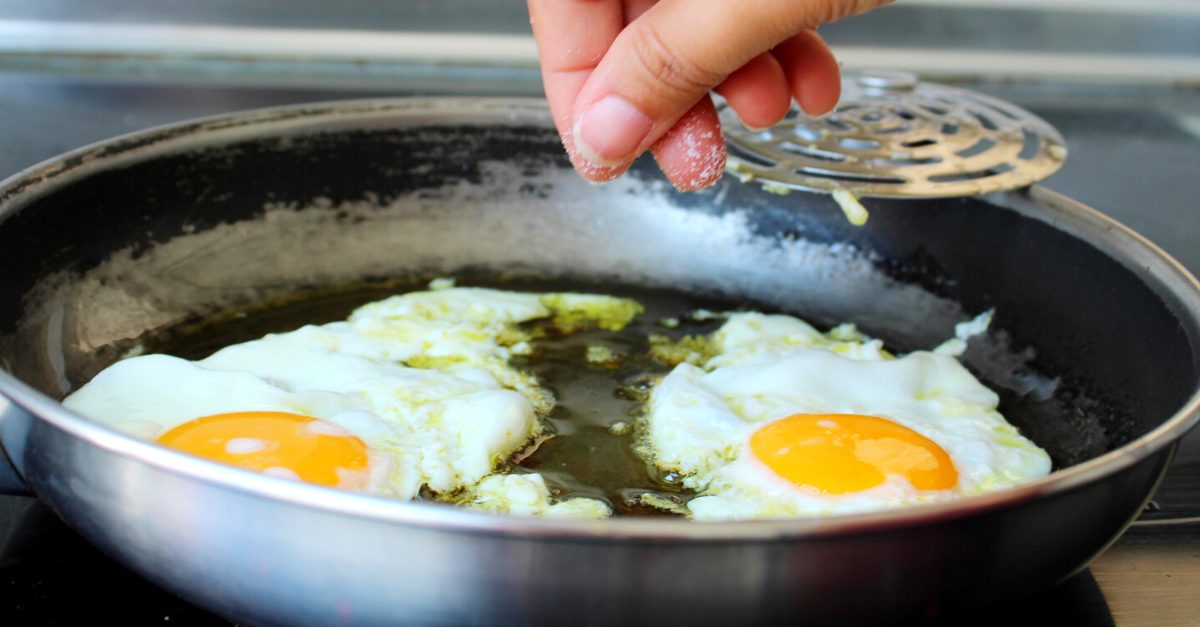11 things that may occur to your body after eating too much proteins
For the longest time, proteins have been the nutrient of choice for people wanting to lose weight or transform their physique in any which way. Read on to know, how consuming too much proteins effect our body.
;Resize,width=742;)
For the longest time, proteins have been the nutrient of choice for people wanting to lose weight or transform their physique in any which way. Read on to know, how consuming too much proteins effect our body.
High protein diets have been in a rage since quite some time now. They assist in significant weight loss and building up of muscular mass. However, this diet comes with some potential risks as our body is not used to of high protein doses. Here are 11 ways in which too much protein intake affects us.
May affect the bowel movements. In a high protein diet, chances are that you might not get enough dietary fiber to relieve the motion comfortably and may lead to constipation.

May get diarrhea. Alternatively, if consumed in excess, proteins may lead to loose stools as a majority of the population turns to processed and dairy food products to meet the protein requirements.

May increase body weight. Increased quantity of protein intake will also result in increased calories intake and thus weight gain.

May damage kidneys. According to a study published by Harvard, excess protein intake may lead to kidney stones and damage this precious organ as kidneys will have to work harder to process the excess nitrogen load.

May result in bad breath. It may also lead to keto breath, which has a distinct acetone smell.

May increase cancer risk. Excess meat intake has been associated with bowel cancer as chemicals formed while digesting meats can damage the cells lining the bowel tract.

May lead to brain fog. During reduced carb intake, the brain may not get ample glucose supply, which may make it difficult for you to concentrate.

May increase fluid requirements. You might not feel more thirsty than usual but your body will require more fluids, as the kidneys are working overtime. So, you must increase the fluid intake if you switch to a high protein diet.

May lead to heart failure. According to a study published by the American Heart Association, high protein diets are associated with heart failure.

May disrupt menstrual cycle. Due to the nutritional imbalance, one may face amenorrhea (or the absence of regular periods) because of very less carbohydrate intake and calorie restrictions.

May lead to calcium deficiency. According to a study, a high protein diet is associated with deterred bone health, but more research needs to be carried out regarding this phenomenon.

;Resize,width=767;)
;Resize,width=712;)
;Resize,width=712;)
;Resize,width=712;)
